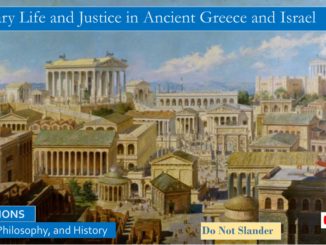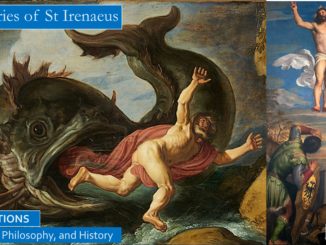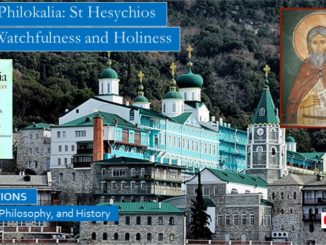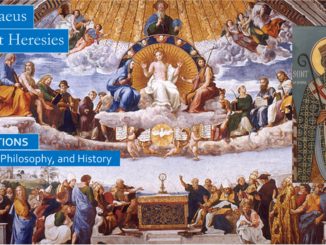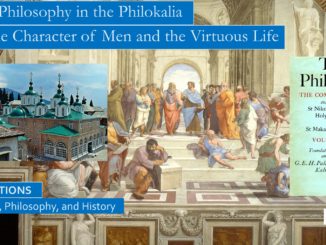
Mandela as a Reluctant Revolutionary, Blog 2
Mandela was a reluctant revolutionary. He recalls his thoughts at the time, “I began to suspect that both legal and extra-constitutional protests would soon be impossible. In India, Gandhi had been dealing with a foreign power that was more realistic and farsighted, unlike the Afrikaners in South Africa. Non-violent passive resistance is effective as long as your opposition adheres to the same rules as you do. But if peaceful protest is met with violence, its efficacy is at an end. For me, nonviolence was not a moral principal but a strategy; there is no moral in using an ineffective weapon.” […]


